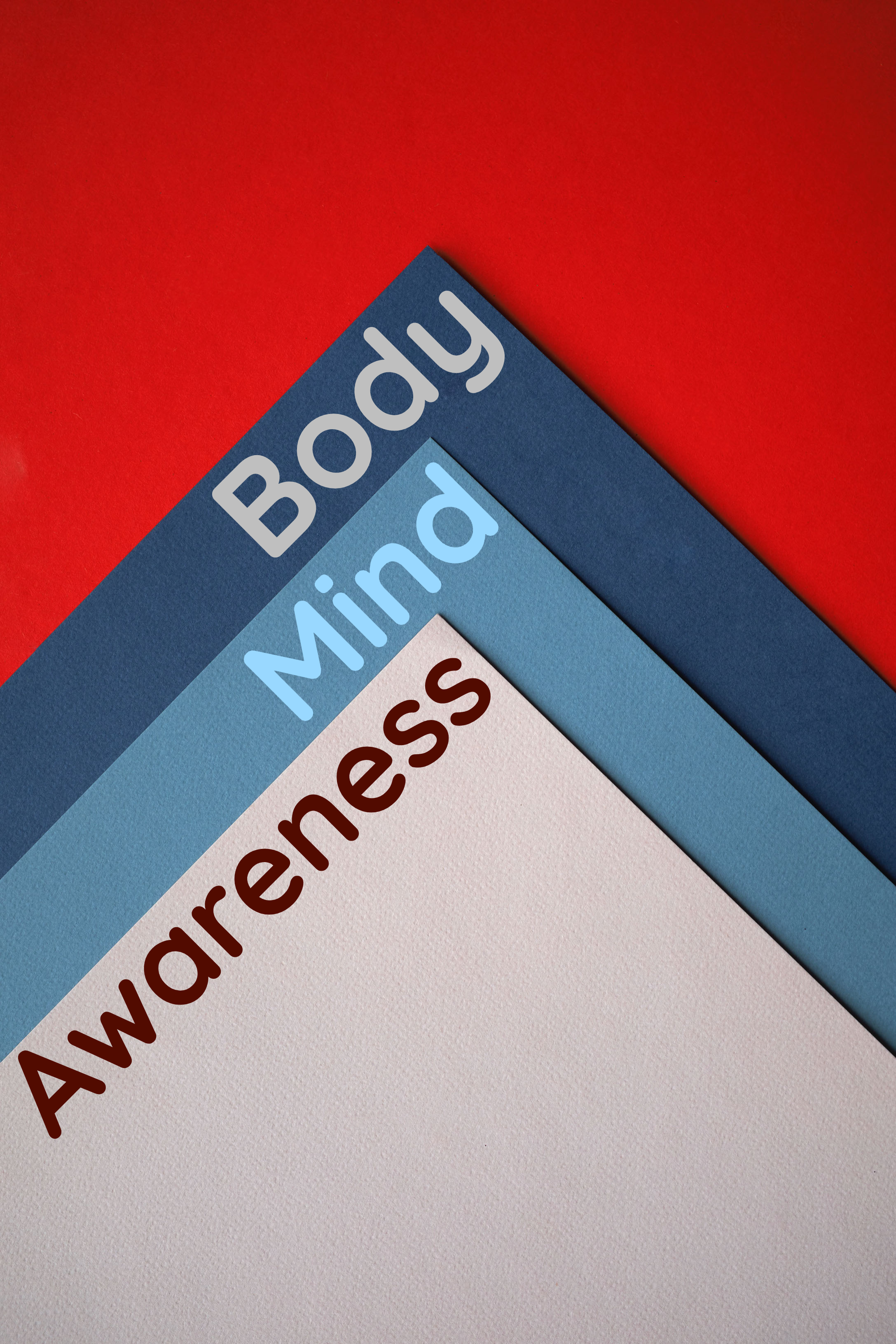Is the mind an obstacle or a facilitator of happiness?
The mind, like a scaffold on a building under construction, is a temporary structure that comes up around the growing body during the transition from infancy and childhood to adulthood. As the body grows so does the mind, which is essential in the formative years of life to bring in new knowledge and experience. Just as building materials are easily hauled up to different levels of the building using the scaffold which also supports workers and their tools, the mind helps with the coordinated intake of different streams of information, characterizing and cataloging all experiences.
The mind is composed of five levels of sensory experiences. The first level deals with touch. Unless there is direct contact with the skin, the mind cannot process the touch sensation. This is the foundation of all sensory experiences. The first contact with another human right after birth is through touch. Other senses are relatively dormant. The second level involves taste, which is an indirect form of touch. Unless food touches the tongue, the taste sensation is not triggered. However, an interface is needed. Without water in the form of saliva on the tongue, the taste mechanism cannot be triggered in response to food.
Then comes smell, the third level of the mind. There is no need for direct contact for the perception of a smell. However, the sensitivity to smell covers only a short distance. In contrast, hearing which is the fourth level covers a much greater distance. Finally, the fifth level is sight which has the furthest reach. Objects at great distances can be visualized such as the sun, moon, and the stars, extending the scope of the mind to millions of miles all around.
From direct contact with another human being to visual contact with the stars, the mind covers so much ground. Within this boundary, there is a tremendous amount of information that needs processing. Through this multilevel mental scaffold that houses touch, taste, smell, hearing, and sight, experiences of the outer world are added to the growing edifice of the body-mind complex. Unlike a building under construction where the scaffold is in proportion to the building and the needs of the workers, the mind quickly outpaces the body in its growth. Even though the mind uses the physical senses housed in the body, it takes a life of its own. The bigger the mind gets, the more complicated it becomes. Eventually, the simplistic five-level model that existed when the mind first began functioning no longer applies.
Once a building is completed, the supporting scaffold gets dismantled, finishing touches are given and the keys handed over to the owner. The construction supervisor leaves once the job is finished. When there is a saturation in the enjoyment of the right mix of experiences of the world through the senses, satisfaction and contentment complete the construction of the body-mind complex. While it is under construction, the ego serves the role of the supervisor. However, the ego continues to occupy the mind, not allowing satisfaction and contentment to round off the growth of the body-mind complex.
The mind as a temporary structure and the ego as its temporary occupant is easily forgotten. Just as a scaffold is unique to a building, the mind is unique to each. Once the body-mind complex grows and matures, and life is experienced to its fullest, the real owner makes an appearance and adds a unique character to the body-mind complex. That real owner is awareness.
When awareness is dormant and hidden, the mind-body complex freely grows towards goals provided by the ego. These goals are always moving; when something is achieved, another purpose comes up. Awareness is kept at bay as long as there is a pursuit in the mind. When awareness first sprouts, it is sandwiched between the body and the mind.
Awareness does not easily grow, as attention is almost always on the body or the mind, or both. When relaxation is the goal, it is done through the body. Concentration on a task is done through the mind. Awareness is neither concentration nor relaxation. Deep relaxation of the body and the mind are essential for awareness to manifest. Sleep offers relaxation to the body and the mind, but the vital component of being conscious is absent. Attaining conscious awareness is finishing the most essential building project of life.
When a building is constructed and finished on the outside, it is left empty on the inside. The construction crew clean up all their waste and gather their tools and equipment before leaving for good. It is up to the new occupants to furnish and complete the look of the inside. Similarly, for awareness to enter and remain as a conscious experience, the ego and all its accompaniments must leave for good. When the ego disappears, the body will stay as is, just as nature intended, without any visible external change. When the supporting structure of the mind is no longer essential to experience happiness, the mind vacates leaving emptiness inside. This emptiness cannot remain for long and is not a lonely state.
Since there is no ego to complain or contrast, there is a refreshing silence and a new space within opens up. Along with mind and ego leaving, awareness begins to rise. It is like the darkness of the night making way for the light of the day as the sun rises over the horizon. When there are no buildings around, sunrise can be seen clearly and easily. Similarly, when the mind and the ego are no longer in the way, the beautiful dawn of awareness can be experienced.
Emptiness refers to the absence of the mind which is not a permanent state, just like the darkness before dawn does not last very long. Like the rising sun which fills every corner of the sky with light, rising awareness fills every bit of that emptiness. Just as a scaffold obscures the beauty of a building, the mind obscures the blissful experience of awareness. The most valuable real estate of a building is the penthouse, from where there may be views of the city or the sea if the building is on a seashore. Similarly, awareness occupies the ‘topmost floor’ of our inner being from where there are windows with endless views of existence that the senses cannot reach.
Awareness is subtler than sight. To develop a knowledge of the inner self, the impediments of the five senses must be removed. This does not, of course, imply physically obstructing their functioning. That would be self-inflicted cruelty. The real impediment is identification with the information they bring into the mind. The senses cannot be stopped from functioning just as air cannot be prevented from entering through an open window.
From the rooftop of a building, the whole city may be viewed. But this does not mean that the occupants of that building own the city. They may hold the view without owning what is within the boundaries of that view. Similarly, through the eyes of the real occupant, awareness, whatever is seen of the world is enjoyed without the sense of ownership. Taller a building, the more valuable the view from its higher floors, similarly, higher awareness travels, the more we see and enjoy the inner world. The mind, in contrast, becomes like the windowless basement of a building.
The body-mind complex is an essential intermediary for awareness to blossom fully. The first step is overcoming body consciousness or the body being the center of perception. The second step is overcoming ego consciousness which is the mind being the center of perception. The final step is beyond the body and the mind, which is the field of awareness.
In the field of awareness, there are no more steps to take or paths to tread. The mind cannot fathom this, as there is always a journey, a starting point, and a destination of happiness, which remains elusive. Consequently, the mind may be labeled as being an obstruction to joy. But if the mind is looked upon a stepping stone to pure awareness, it becomes a facilitator of happiness.







